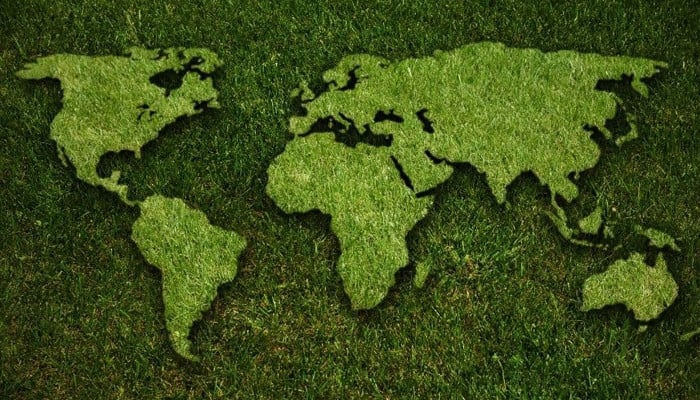
With accelerating climate change effects, nations in the world are trying to become greener and eco-friendly.
As per the Climate Change and Migration: From Displacement to Resilience report by the Global Intelligence Unit, among 47 million new internal displacements in 2023, 56% were due to climate change-related disasters, reported Global Citizen Solutions.
The World Bank has also warned that "climate change could force 216 million people across six world regions to move within their countries” by 2050.
Most sustainable countries in 2025
Here are the top ten most sustainable nations in the world, according to Green Match, which combined data from the Environmental Performance Index (EPI), the EU's Joint Research Centre (JRC), the Green Future Index (GFI), and the IQ Air report.
Denmark
Denmark was a country that depended on oil imports till 1972, but after the oil crisis of 1973, it started using renewable energy, and today almost 70% of its electricity is produced from wind and solar.
It is also planning to generate electricity from fossil fuels in the next 25 years.
The Scandinavian country is also all set to create history by becoming one of the world’s first energy islands.
With the strict environmental policies, it ranked 1st on the EPI and second on the GFI.
Sweden
Sweden is one of the best European countries to live in, which was placed 5th on the EPI and 9th on the GFI.
With its sustainability efforts and awareness, Sweden has the highest recycling rate, 99%, but like most of the European countries, it is also struggling to control its CO₂ emissions.
United Kingdom
The United Kingdom is planning to meet its net zero target by 2050 through its sustainable policies.
With a 77.7 EPI score and second place on the list and 4th for the GFI, it is believed that the UK will become a greener and eco-friendly country in the near future.
However, similar to Sweden, it also struggles to control its CO₂ emissions and has an annual average of PM₂.₅ concentration.
Finland
Finland has ranked 3rd on the EPI and 6th on the GFI and achieved first place for the lowest annual average PM2.5 concentration with 5.5 μg/m³.
It mainly needs to focus on reducing its CO₂ emissions, as it ranks 45th place with 7.29 tonnes per capita.
However, Finland is already implementing change and plans to reduce its dependence on fossil fuels by 50% by 2030.
Switzerland
By generating 62% of its energy from hydropower, Switzerland placed 9th on the EPI and 14th on the GFI.
It also has relatively lower scores for its CO₂ emissions per capita and annual average PM₂.₅ concentration and ranked 27th with 4.07 tonnes per capita.
Switzerland aims to achieve 100% renewable energy by 2025.
Other sustainable countries include France, Costa Rica, Iceland, Portugal, Norway and Ireland.








